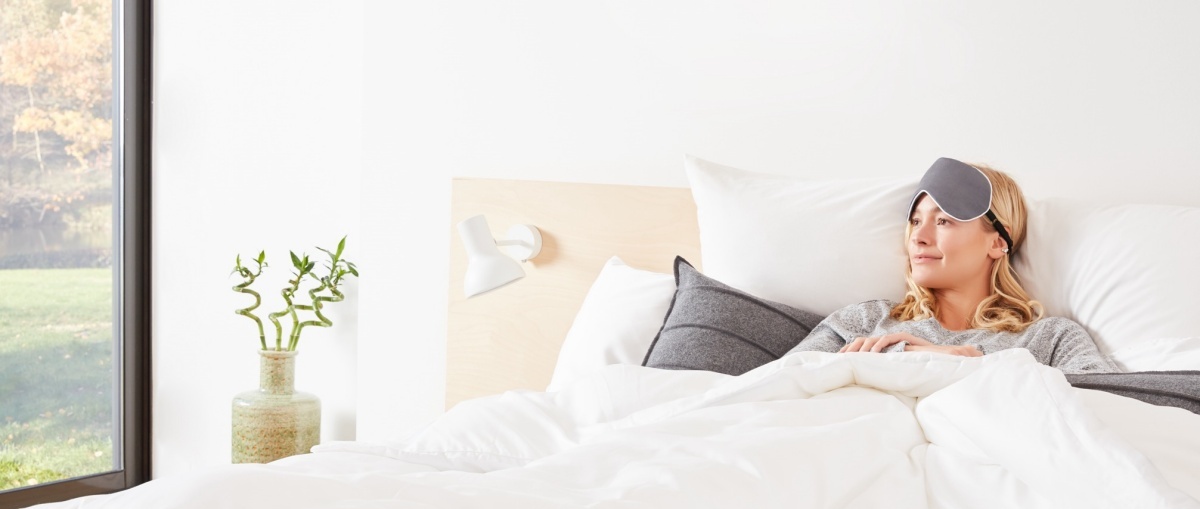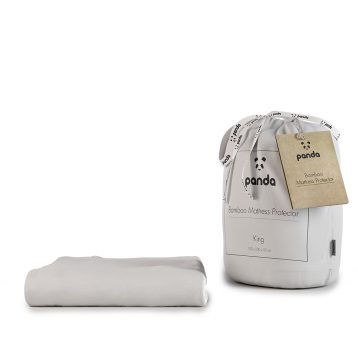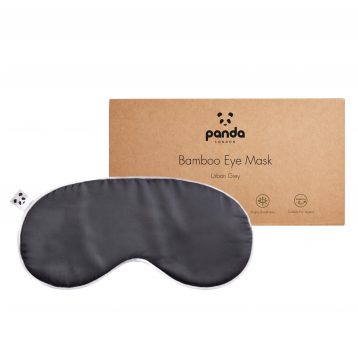Open-Air Dreams: How Sleeping with Windows Open Affects Your Sleep Quality
Last updated on April 3rd, 2024 at 08:56 am
Key Takeaways
- Impact of Air Quality: Bedroom air quality directly affects sleep; fresh air promotes deeper sleep, while poor quality may cause disturbances.
- Benefits of Open Windows: Enhanced air circulation, temperature regulation, and potential serotonin boost from fresh air improve sleep quality.
- Considerations and Drawbacks: Be mindful of allergens, security risks, and noise/light pollution that may affect sleep when windows are open.
- Health Factors: Individuals with allergies or respiratory conditions need to weigh the benefits of fresh air against potential allergen exposure.
- Personal Preference: The decision to sleep with windows open varies by individual comfort and preference, with some finding natural sounds and breezes soothing.
The connection between air quality and sleep has long been a topic of interest and debate among sleep enthusiasts (and experts!). There is a belief that fresh air positively impacts sleep quality—naturally, this leads to plenty of discussions on the benefits and drawbacks of sleeping with windows open versus closed.
We’re interested in the answers, too, so join us for an exploration of scientific insights into the relationship between air quality and sleep. We’ll also look at the advantages and disadvantages of sleeping with windows open, health considerations, personal comfort preferences, and practical tips for optimising your sleep environment when embracing the open air for a breezy night’s rest.
The science of sleep and air quality
Air quality within the bedroom plays a significant role in influencing sleep patterns and overall sleep quality. Fresh, well-ventilated air can promote relaxation and deeper sleep, while poor air quality (marked by allergens, pollutants, and stuffiness) may lead to discomfort and disruptions in sleep.
It should also be noted that air quality can naturally drop at night, as there is no sunlight to help break up pollutants and assist with the flow of air. This means a well-ventilated room is super important for helping you drift off with ease…
What are some benefits of sleeping with windows open?
So, should we sleep with the window open? Let’s explore some of the benefits. One of the primary advantages of sleeping with the window(s) open is improved air circulation and ventilation. Fresh air can help regulate temperature, reduce humidity, and lower carbon dioxide levels in your bedroom, creating a more conducive environment for restful sleep. All of this will make you feel much healthier!
Having the window open also helps to keep the room slightly cooler – in turn, this can regulate your body temperature. A more regulated temperature at night is something we’re passionate about, which is why we craft our bedding with thermoregulating bamboo. When you choose a bamboo duvet you’ll be enjoying a blissfully breathable sleep, staying cool in the Summer and warm in the Winter.
European countries such as Sweden, Finland and Denmark believe in sleeping at colder temperatures. In fact, they often bundle babies up and put them to sleep outside! While this might sound strange, the idea is that it builds their immune system and helps with better quality sleep. A seasoned London-based sleep consultant, Katie Palmer, says, “Babies who nap outside may sleep longer, get higher quality sleep, and are exposed to fewer germs than when they sleep indoors.” We’re not saying you should throw on your hooded blanket and take a nap in the garden, but clearly, this practice favours fresh air.
Keeping your window open at night can really enhance your sleep environment, especially if you live somewhere that allows the sounds of nature (the ocean or birdsong, for example) to filter into the bedroom. Fresh air boosts serotonin levels, leaving you more relaxed and, therefore, more likely to fall asleep!
What are the potential drawbacks of sleeping with windows open?
Despite the benefits, sleeping with open windows can pose potential drawbacks depending on your circumstances. This is always something to consider, and as always, much of it is down to personal preference! If you suffer from hay fever, for example, the allergens from outdoors might negatively impact your sleep quality. In addition to this, those with respiratory conditions might want to close the window in highly polluted areas.
There are, of course, security concerns that go alongside sleeping with the window open. If you’re on the ground floor or live in a very urban area, it might not make you feel safe to sleep with your windows wide open. On top of this, it’s important that your room is both dark and quiet to get a good night’s sleep – when you don’t close the window, you might find yourself exposed to unwanted noise and light pollution. This can disrupt sleep, especially if you’re a light sleeper.

What are the health considerations of sleeping with the window open?
From a health perspective, sleeping with windows open can have varying effects on different individuals. Sleep is so personal to us, so it’s always worth discovering what works for you. Those with respiratory conditions or allergies may benefit from improved air quality but may also be more susceptible to outdoor allergens. Balancing the need for fresh air with potential health risks is important when optimising your sleep environment for your well-being.
Sleep is a natural immune booster – when we get a good night’s sleep, we are much healthier. A lack of sleep can lead to illnesses, make us feel run down, and put us at higher risk of future diseases. We also feel groggy, exhausted and stressed when we don’t get enough sleep, which is not good for anyone! So, if going to bed with a window open helps you sleep, it’s a win for your immune system. On top of this, a stuffy room is not good for us; if you use aerosols in your bedroom, for example, these particles can linger in the air and get into our lungs or onto our skin. By opening the window, we allow them to escape instead.
Personal comfort and preferences
Following on from the above, personal comfort and preferences play an important role in determining whether sleeping with windows open is right for you. Some people find the gentle breeze and natural sounds of the outdoors soothing, enhancing their sleep experience. Others may prefer a controlled indoor environment with windows closed to minimise disruptions and maintain a consistent temperature throughout the night. A lot of it is trial and error, and you’ll easily find what works best for you. Think about the seasons, too; you might really enjoy sleeping with the window open in the Summer if you run naturally hot, but it might be too cold to do so in the Winter.
Practical tips for sleeping with windows open
If you have read the pros and cons, and are choosing to embrace open-air dreams and sleep with your bedroom windows open, there are practical tips to enhance your experience. First of all, make sure the room is both comfortable and secure – you might want to put the handle on a security lock if there is one, and use a screen in order to stop insects from getting in. If you’re feeling the chill but still recognise the benefits of leaving the window open, invest in a higher tog duvet or some warmer bedding!
It’s all about working with what you have in terms of environment; if you enjoy the breeze but are worried about pollution, coupling an open window with an air purifier could be the way to go. In the Summer if you just feel like it’s hot air coming in, add a fan beside your bed to help cool you down.
How sleeping with windows open affects your sleep quality
In conclusion, the decision to sleep with windows open or closed is a personal choice. When deciding if it’s right for you, you should take into account a range of factors: local air quality, personal health considerations, comfort, and practical considerations.
Remember there is a lot of nuance and personal preference involved – if it works for you then great, but if it doesn’t then there are plenty of other ways to enhance your sleep set-up. Experiment and see what works best for both your health and comfort. Let us know if you do sleep with the window open, and if you have any tips for doing so!
Explore our range:
Kids Memory Foam Bamboo Pillow
Rated 5.00 out of 5£34.95Original price was: £34.95.£29.71Current price is: £29.71.Bamboo Mattress Protector
Rated 5.00 out of 5£16.96 – £42.50Bamboo Eye Mask
Rated 5.00 out of 5£15.29 – £16.96Panda Cloud Duvet
Rated 5.00 out of 5£84.96 – £139.95





